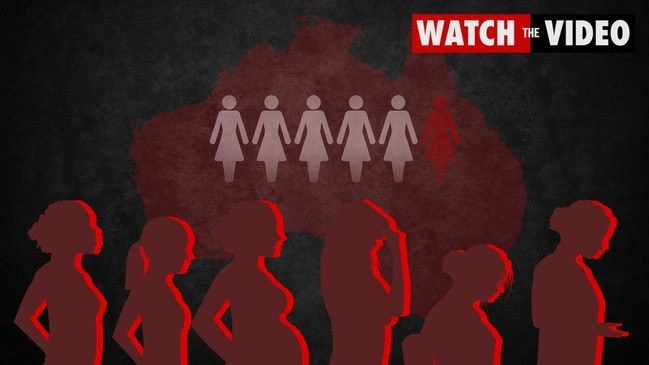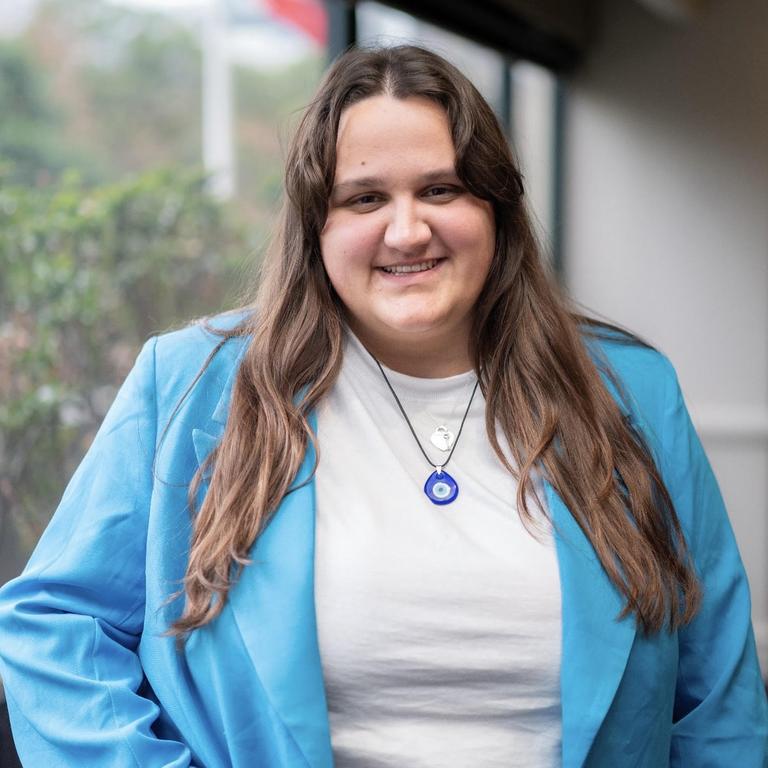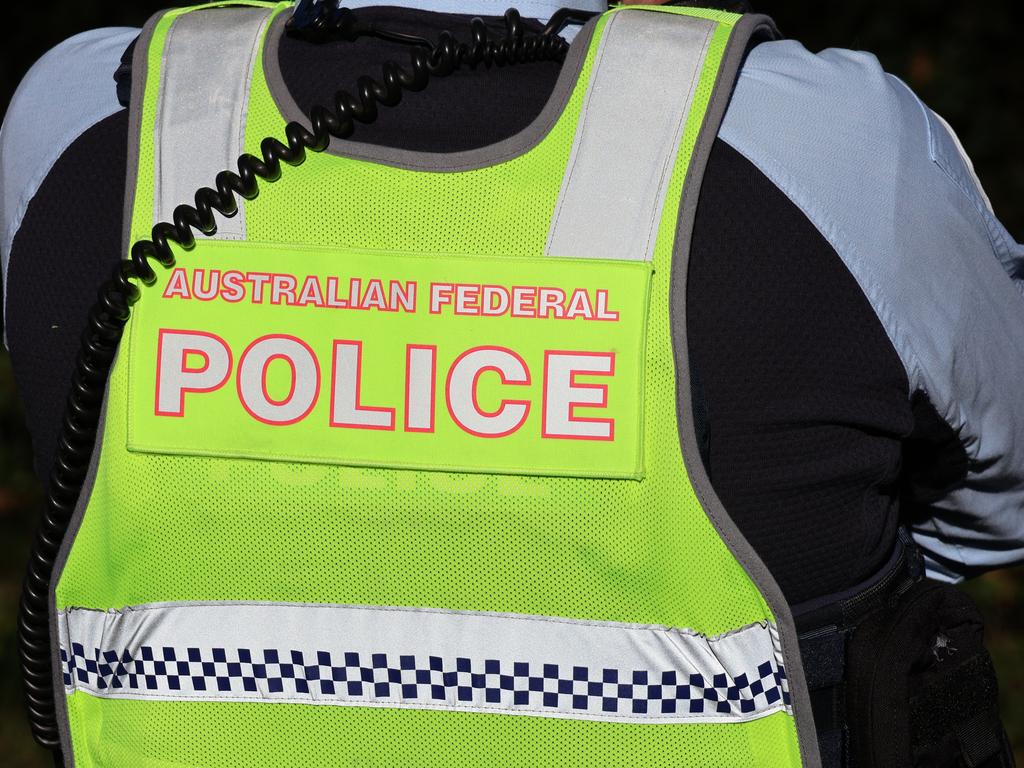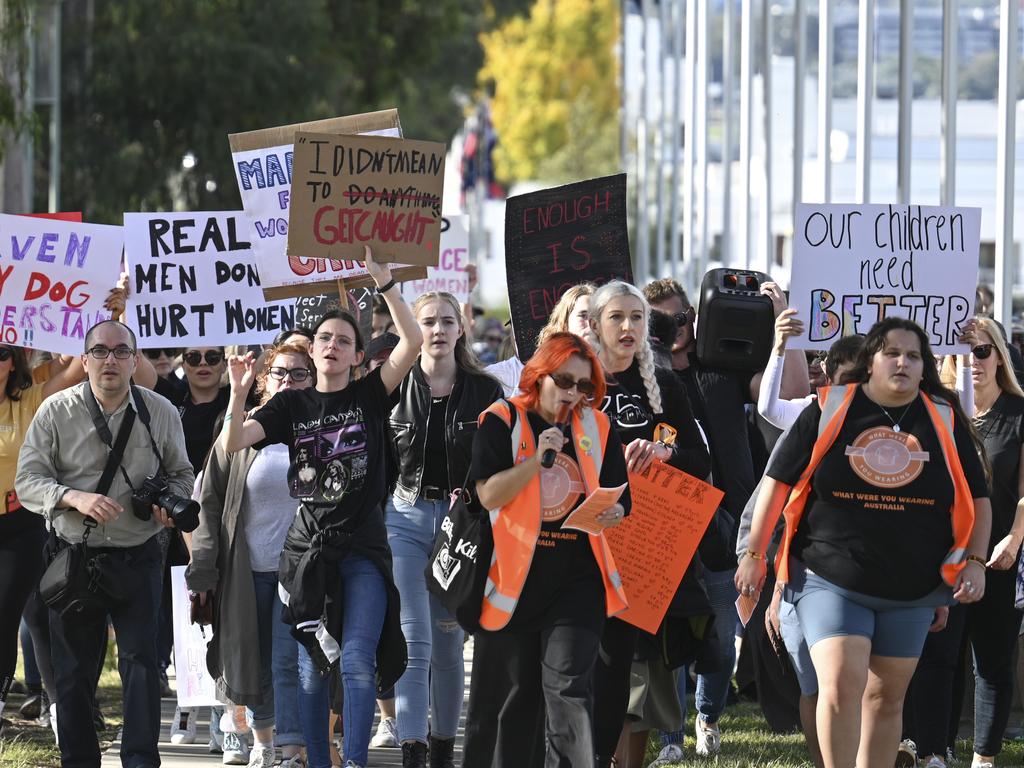‘Worse than the rape itself’: Sarah Williams reveals cop’s ‘horrific’ comment
A survivor of three separate incidents of sexual assault has revealed a police officer’s remark that was “worse than the actual rape itself”.

In 2021, Sarah Williams experienced three separate incidents of sexual assault at the hands of three different perpetrators.
What was worse than any of these were her encounters with police when reporting them.
“I was told that because I’m an advocate, that I must know about how to coerce a rapist into just saying that he did it, and that I would know how to falsely accuse,” the 23-year-old Awabakal woman recalled to news.com.au.
Other, high-profile sexual assault cases were used against her by police, including that of former NRL player Jarryd Hayne (rape charges against the 36-year-old were dropped in June, bringing an end to an almost six-year legal battle that included three trials and two convictions).
“The police officer said, ‘Well, the victim in Jarryd Hayne’s case made it up, so we have to go by that’. And it’s just like, what?,” Ms Williams said.
It’s no coincidence that Ms Williams, like many victim-survivors, never got her day in court.
Attrition of sexual assault cases in Australia is notoriously abysmal, and also highest at the police stage: in 2007, the Australian Institute of Criminology estimated that less than a fifth of sexual-offence incidents reported to cops resulted in charges or criminal proceedings. The number is even lower when the complainant is from a marginalised community.
Ms Williams’ experience is “what really showed me that our systems, particularly our police, are broken”, she said.
“And I think that needs to be fixed first, before we can even think about our courts and how broken they are – because none of us are getting the chance to even get to court in the first place.”


“Fed up” after these “horrific” experiences, she launched What Were You Wearing Australia in January 2022.
The not-for-profit organisation, which provides education, awareness and advocacy on sexual violence, has gone from strength to strength, including successfully making legislative change to the NSW Responsible Service of Alcohol (RSA), mandating drink spiking prevention training for bar and security staff. And, earlier this year, Ms Williams led 17 national rallies calling for No More male violence against women.
The deep entrenchment of victim-blaming, beyond just our legal system, is “probably the biggest” conversation concerning sexual violence that we, as a nation, are still failing to have, Ms Williams said.
“The retraumatisation victim-survivors go through by being victim-blamed … I always say, my experiences with police of victim-blaming were worse than the actual rape itself,” she said.
“Isn’t that crazy? They were worse than the actual crime itself. And the crimes are horrific.
“I speak to so many victim-survivors who say the exact same thing – they wish they never went to police, they wish they never told their friends or family what happened to them.
“Going to the police to get help, to get protection, should not result in you being more traumatised.”
How and why Australia should – and can – end victim-blaming survivors of sexual violence within a generation is what Ms Williams will focus on when she takes the stage at TEDxSydney Youth on August 29.
“If we don’t end it in a generation, there are going to be so many more traumatised victim-survivors,” she said.
“I want to address what that does to victim-survivors – how it stunts their healing growth and their healing journey, how it can (lead to) things like PTSD and eating disorders, and really bring awareness to how rife that is in our communities.”
She also hopes to “spotlight” sexual violence “as its own crime”.
During What Were You Wearing’s infancy, Newcastle was rocked by the alleged murder of young mum Mackenzie Anderson at the hands of her ex-partner. It prompted the organisation to hold a series of rallies, alternating the focus between being against domestic violence – when “3000, 4000 people would show up” – and against sexual violence – attended by closer to 300.
“It showed over a span of, I think eight rallies, that no one was showing up for sexual violence, but everyone was showing up for domestic violence,” Ms Williams recalled.
“One-hundred per cent (I think it’s) because sexual violence is at a whole other level of stigma, stereotypes and taboo. There’s rape culture, but there’s also slut shaming. The victim-blaming is at a whole other level … It’s so much more intimate, I guess.”
While the rallies organised by What Were You Wearing this year targeted all acts of male violence against women, “my purpose was that at each one had a speaker who spoke solely to sexual violence and rape, to get that message across”, Ms Williams explained.

Asked what she’s learned over her advocacy journey thus far, Ms Williams cites the importance of “self care and taking time for yourself”, and of building a strong support network.
“And also, this is really sad, but through this work I’ve realised how little people care about Aboriginal people and Torres Strait Islander victim-survivors,” she said.
“We already know – the (Voice to Parliament) referendum showed it, we know from racism and whatnot – but when it comes to sexual violence, you would think, ‘Oh yeah, we’re victim-survivors too, so we must be equally cared about’. But we’re not.
“The services out there (for Indigenous victim-survivors) don’t get funded. We don’t get (asked to speak) on panels. We don’t get the same opportunities that other people get.”
This disparity is even more glaring when one considers the disproportionate rate at which Indigenous women are impacted by domestic, family and sexual violence compared to their non-Indigenous counterparts.
“People in Australia do not like Aboriginal people … they definitely think we’re disproportionately affected (by domestic, family and sexual violence), but that it’s our own fault,” Ms Williams said, adding we’re “not getting better at all” at listening to Indigenous voices on what it will take to combat gendered violence.
“It shouldn’t be a tick box thing to have an Aboriginal person on a panel. You need to integrate them into the events, you should be consulting with them, (asking) how you can really respect them and their culture.”

Given the (often overlooked) “hard, draining” nature of being an advocate, Ms Williams is aware, already, that “it will come to a point in my life where I won’t be able to be one anymore”.
Until she reaches that point, however, she’s hopeful change is possible. There are signs of it every day: in the hundreds of thousands of people who showed up to the No More rallies, in “how big the support is” to combat gendered violence in Australia, once and for all.
And, closer to home, in the analytics of What Were You Wearing’s 253.5k-strong TikTok following, 63 per cent of which is 18- to 24-year-old men, Ms Williams was delighted to recently discover.
“I was speaking to some people yesterday about this, actually, and they automatically said, ‘OK, well do they leave a lot of hate comments?’ and I said, ‘No, they actually don’t’,” she said.
“We’re obviously doing something right when we’ve literally got the (potential) perpetrators in our pocket, really, on TikTok.
“I’m hopeful that we can use that to get the messages out there, and keep doing what we’re doing. I’m hopeful that young men are actually listening now.”
TEDxSydney Youth 2024, presented by the University of Sydney and supported by the City of Parramatta Council, takes place on August 29. Find out more here
Don’t go it alone. Aboriginal or Torres Strait Islander people can reach out for help by contacting 13YARN (13 92 76) to receive 24/7 crisis support from an Aboriginal or Torres Strait Islander Crisis Supporter.
More Coverage
Originally published as ‘Worse than the rape itself’: Sarah Williams reveals cop’s ‘horrific’ comment





